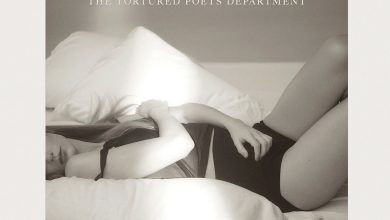A Conductor Who Believes That No Artist Can Be Apolitical

One by one, the singers came out to bow. They had just finished a performance of Mieczyslaw Weinberg’s little-known “The Passenger,” at the Bayerische Staatsoper, or Bavarian State Opera. Each received not just respectful, but also enthusiastic applause. The loudest cheers, though, were reserved for the conductor: Vladimir Jurowski.
Now in his third season as the opera house’s music director, Jurowski, 52, is attracting the kind of adoration from the Munich public that was routine under Kirill Petrenko, who left in 2021 to lead the Berlin Philharmonic. But Jurowski is not merely winning over audiences; he has maintained the Bavarian State Opera’s reputation as one of the finest — if not the finest — companies in Europe while pushing its repertoire in new directions and rooting his artistry in political awareness.
“We classical musicians tend to keep ourselves way from politics,” Jurowski said over lunch in March. “We always say that the music should be apolitical. Music can be, and art can be, but people who are making art should not be apolitical. At a certain point it becomes not about politics, but about ethics.”
The new productions that Jurowski has led in Munich include Shostakovich’s satirical “The Nose,” directed by Kirill Serebrennikov while he was still under house arrest in Russia; Penderecki’s “The Devils of Loudun,” an allegorical tragedy about fanaticism that read in the moment as a warning against cancel culture; and Prokofiev’s “War and Peace,” staged by Dmitri Tcherniakov as an indictment of Russian nationalism after the invasion of Ukraine.
When Jurowski started at the Bavarian State Opera, there were grumblings among audience members that his changes to the repertoire would come at the cost of the classics. But he has led new productions of standards like “Der Rosenkavalier,” “Così Fan Tutte” and “Die Fledermaus,” and will embark on Wagner’s “Ring” beginning this fall. And the audience hasn’t resisted: Attendance, as usual, continues to hover around 95 percent, which is extraordinary for opera.
“You can try to convince people of your vision one by one in private conversations, but I think you can only persuade by the quality of the delivered product,” Jurowski said. “That’s what counts.”




